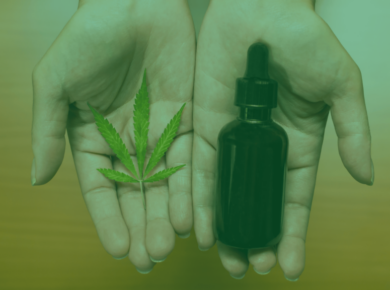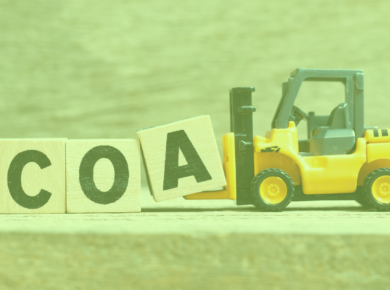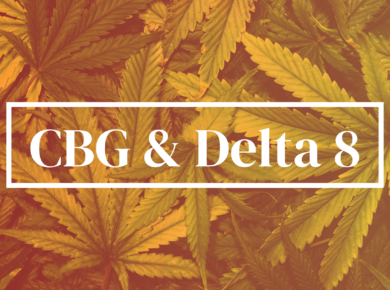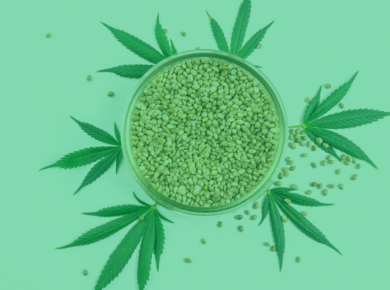CBDa and Delta 10-THC, each residing within the rich biodiversity of hemp and cannabis plants, showcase a fascinating world of unique properties and effects.
CBDa, or Cannabidiolic Acid, exists as the non-psychoactive precursor to CBD, conspicuously present in raw hemp and cannabis. Through decarboxylation – a process initiated by heat – CBDa transforms into CBD, avoiding the psychoactive “high” synonymous with cannabis.
Contrastingly, Delta 10-THC stands as a variant of THC, retaining psychoactive properties albeit with reduced potency compared to its widely recognized sibling, Delta 9-THC.
At their core, CBDa and Delta 10-THC diverge notably in psychoactive effects and roles within the plant’s life cycle: CBDa positions itself as a non-psychoactive CBD precursor, while Delta 10-THC, although milder, retains a psychoactive essence.
Many States allow hemp derived cannabinoids under the 2018 Farm Bill as long as they contain less than .3% D9 THC. Some States have explicitly banned cannabinoids like Delta 8, so check your local rules and regulations before purchasing.
Here’s the rules for Kush.com and more details
Frequently Asked Questions (FAQs)
- What is CBDa?
CBDa, Cannabidiolic Acid, is a non-psychoactive cannabinoid found prevalently in raw hemp and cannabis, acting as a precursor to CBD and converting to it upon heating, exploring use across various products. - What is Delta 10-THC?
Delta 10-THC, a variant of the psychoactive THC, presents itself as a milder psychoactive cannabinoid, less common than Delta 9-THC and Delta 8-THC, and finds application in an array of cannabis products. - How Do CBDa and Delta 10-THC Differ?
CBDa does not induce a “high” or modify mental states, securing a non-psychoactive profile, whereas Delta 10-THC, despite being mildly psychoactive, can alter mental states to a degree. - Can CBDa Convert into Delta 10-THC?
No, CBDa morphs into CBD upon heating and does not convert into Delta 10-THC. The production of Delta 10-THC involves alternative processes and conversions from other cannabinoids. - Are CBDa and Delta 10-THC Universally Present in Hemp and Cannabis?
While CBDa commonly inhabits raw hemp and cannabis, Delta 10-THC’s presence is rarer and hinges on specific strains and cultivation methods, with concentrations of these compounds varying notably between plants.
Similar
Product Searches






